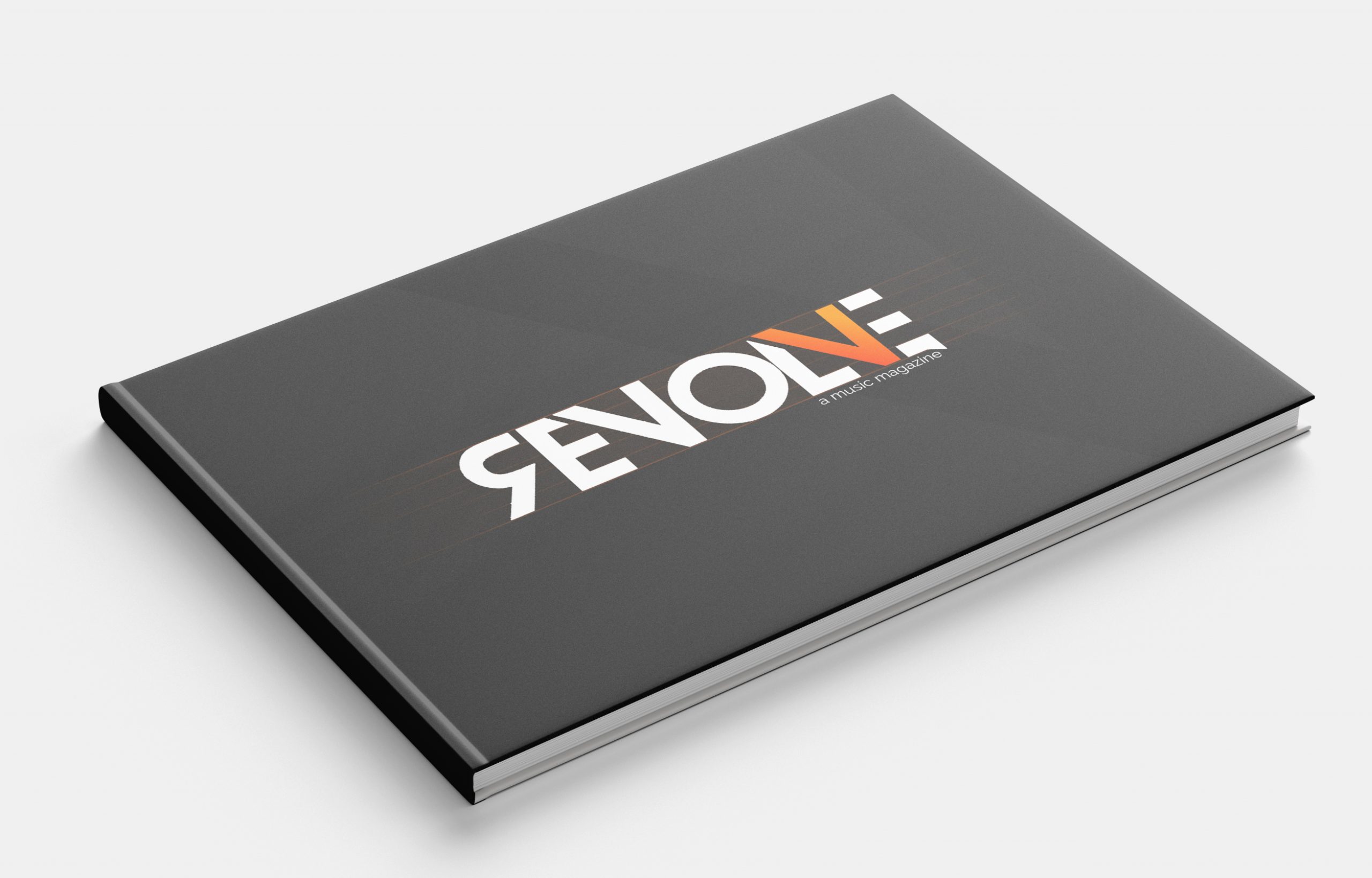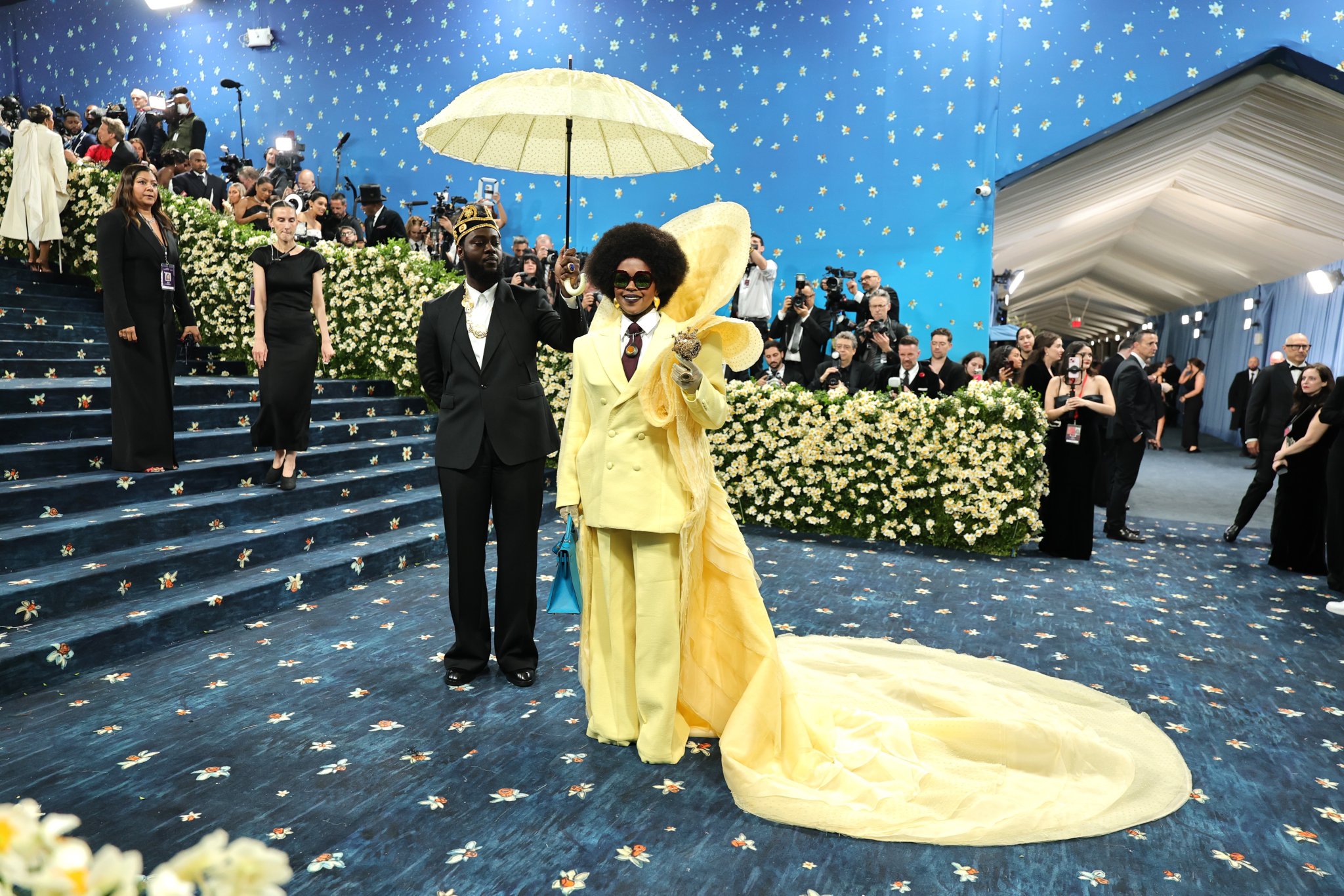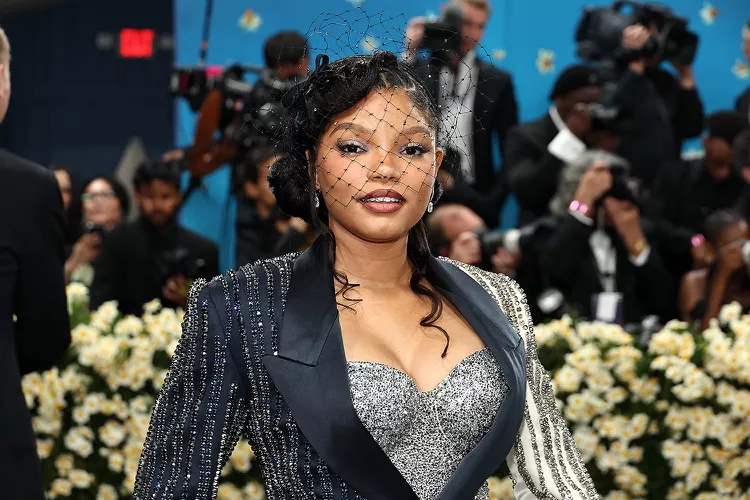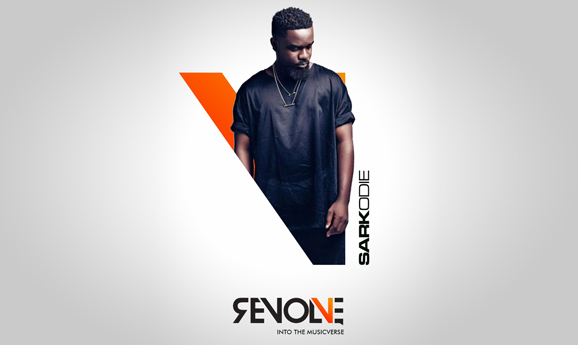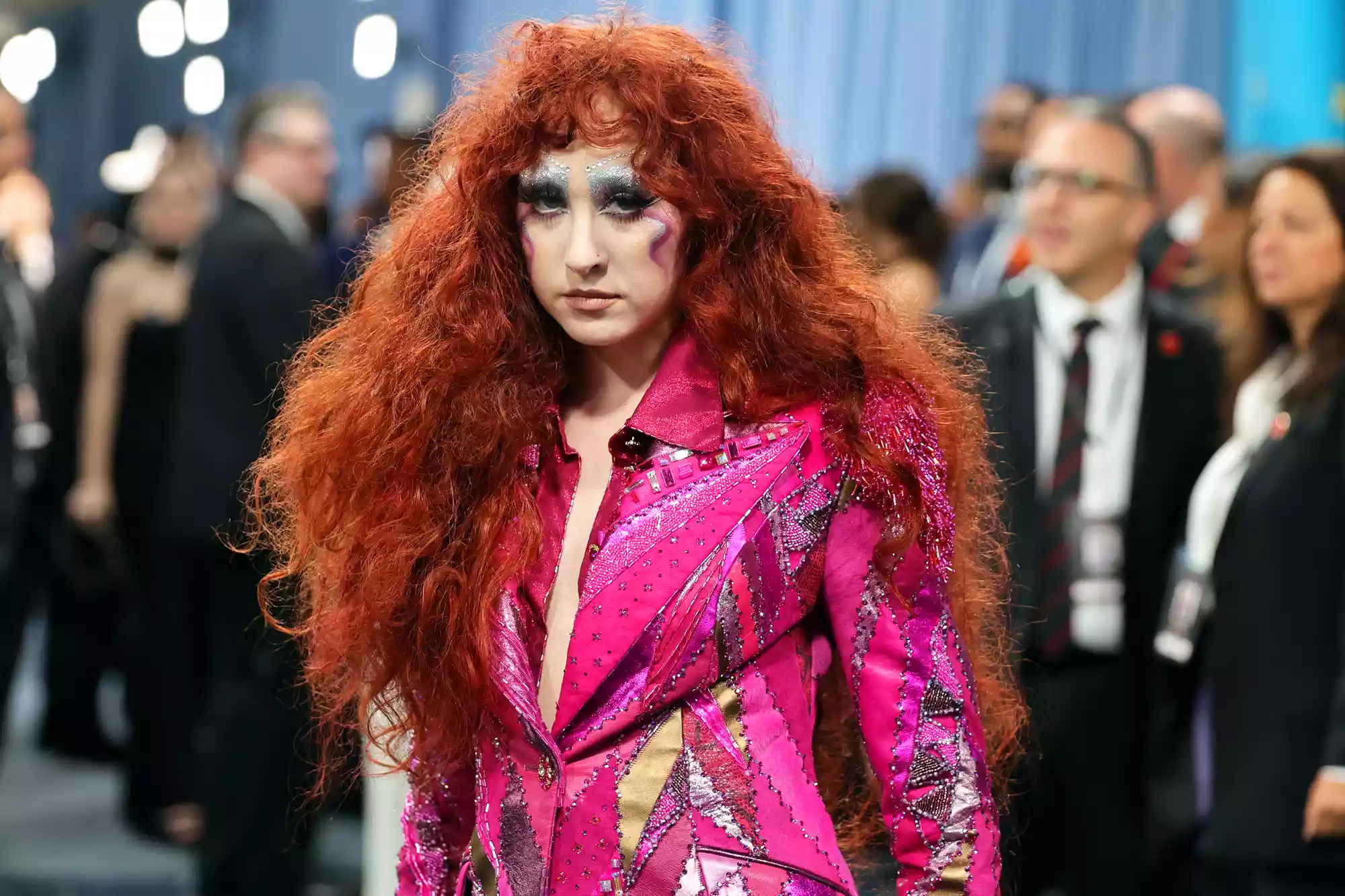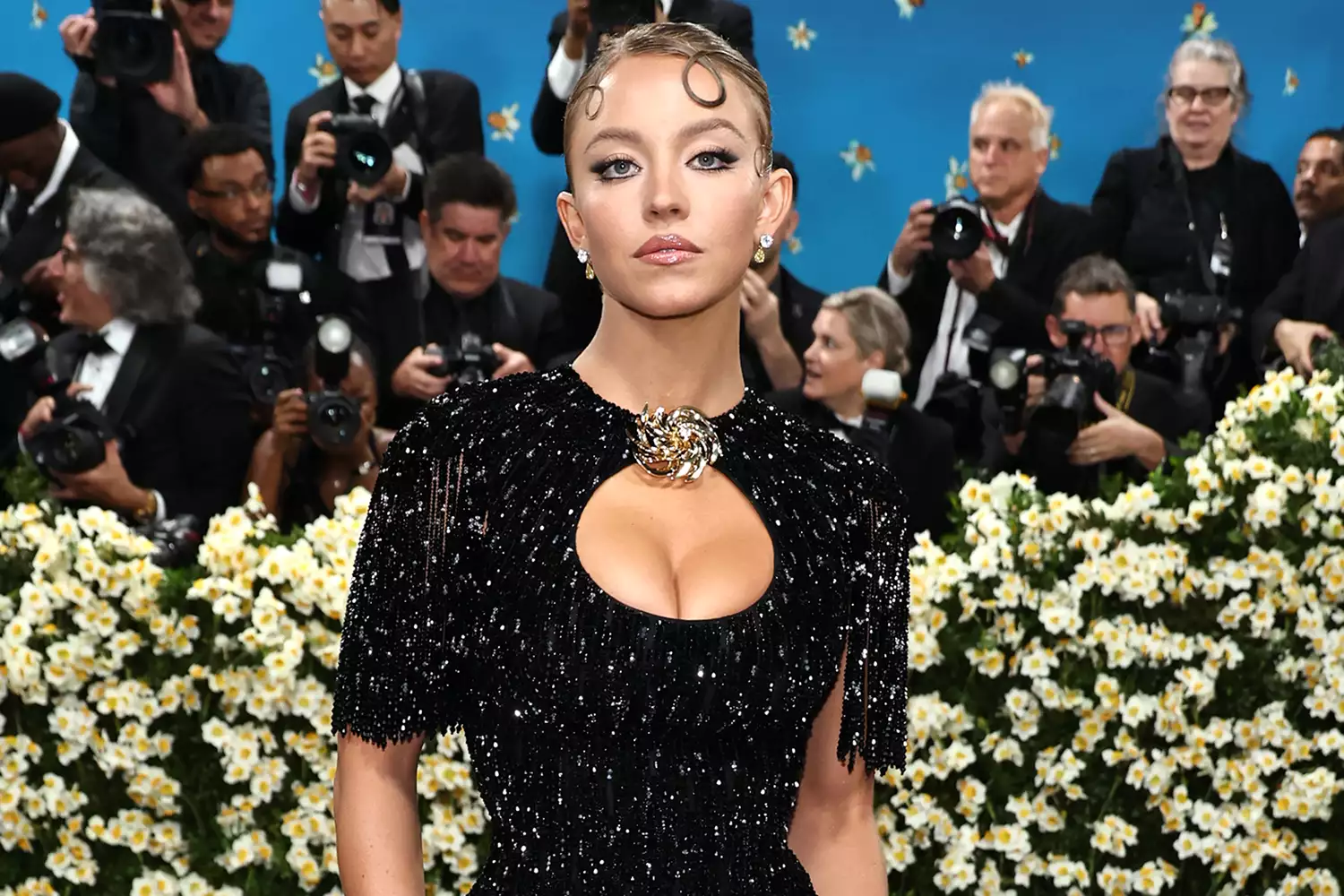Africa is endowed with some of the best creatives and one name that resonates across the continent’s creative space is Justin Campos. From his early days in music production to becoming one of the continent’s most sought-after directors, his journey is one of relentless growth and innovation. With over 1,000 music videos to his credit, including award-winning works, he has helped shape the visual identity of many African artists.
Justin Campos didn’t just find his way into creative directing and filmmaking but was born into a household where music and visuals were essentially natural. Long before he would become one of Africa’s most sought-after music video directors, Campos was already experimenting, editing “in-camera” as a child, crafting short films with no formal training and developing a keen eye for rhythm and composition.
His transition into music videos was an organic evolution. With a background in music production, handling everything from percussion programming to mixing and mastering, he understood the nuances of sound, emotion and timing; skills that would later shape his directorial style.
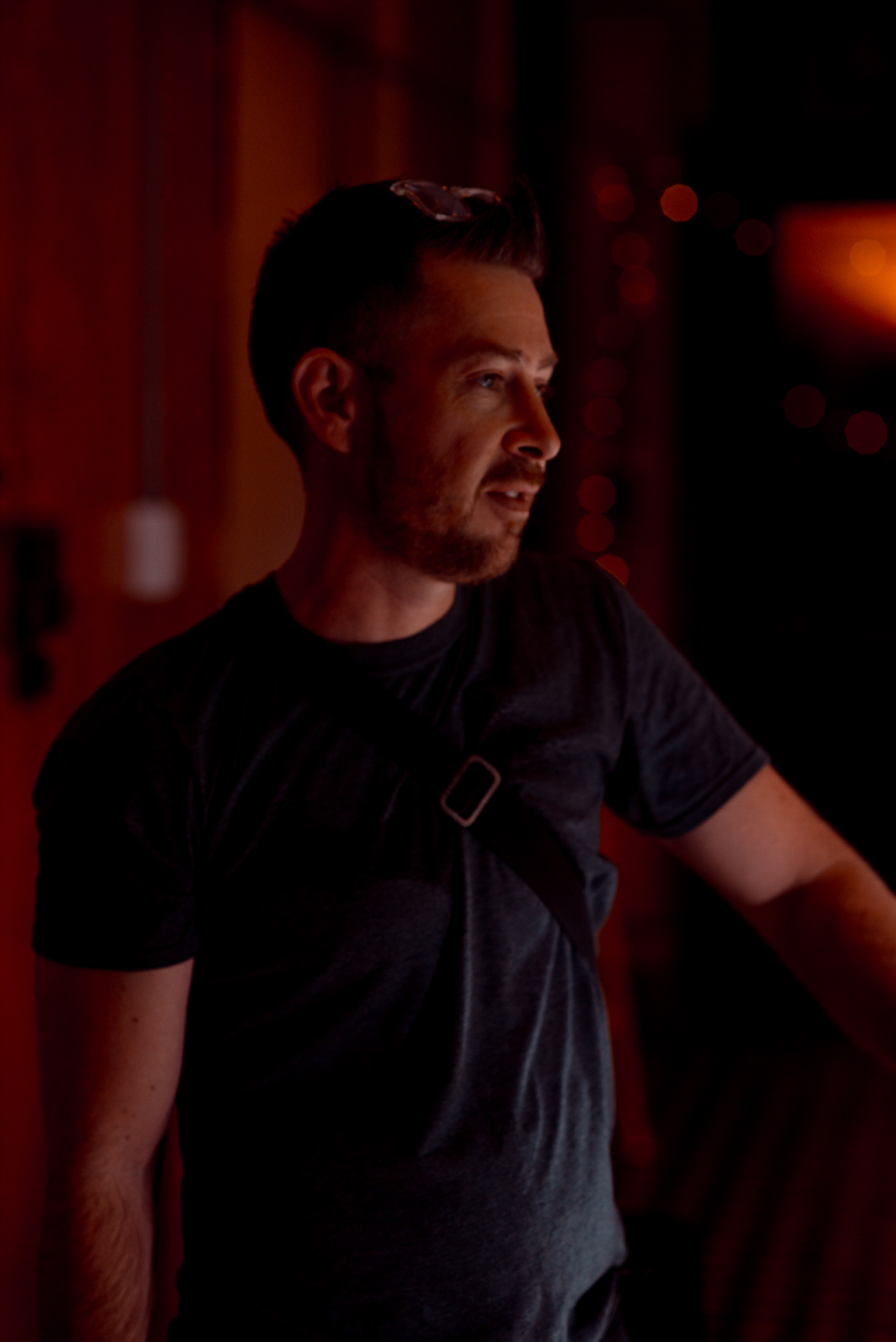
When the opportunity arose to shoot a music video, he seized it. Though far from perfect, that first attempt ignited a spark, leading to a domino effect where labels, artists and industry executives quickly took notice. Within a short period, Campos was directing more music videos than anyone in South Africa, with his work dominating screens across MTV and Channel O.
But success didn’t come without its challenges. Building Gorilla Films from the ground up meant constant reinvention, pushing creative limits and refining his aesthetic. His commitment to visual excellence has made his name synonymous with high-quality music videos, elevating African artists to global standards.
In our latest conversation on #RVUnMute, Justin Campos opens up about his journey, the creative decisions that define his work and the evolution of African music videos.
#RVUnMute with Justin Campos
RV: You began in music production, handling percussion programming, recording, mixing, and mastering. How did that experience shape your creative mindset, and what lessons did you carry forward when you transitioned into film?
Justin Campos: I may have had unfair advantage. My dad was a music producer. I grew up with music all around me and he taped music videos once a week from the 80’s onwards. I loved watching music videos. Starting out in music really helped develop the skills to transition into video making. Things like timing, emotion, structure and discipline were carried over to video. My dad also gave me the confidence to do what I loved and he taught me that you can do anything you put your mind to.
RV: What sparked your decision to venture into filmmaking? Was it a gradual transition, or did you experience a defining moment that cemented your interest in visuals?
Justin Campos: My uncle had a video camera and I often came up with silly ideas and made short films. There was no editing software or hardware accessible so I had to edit “in camera”. I made many short films from the age of 10. My older brother was also brought up in music and we both became music producers under my dad. We would create the base music beds for my dad for adverts that my dad was commissioned to do, and then my dad would take over and polish them.
One day my brother said to me “Why don’t you take the money you’ve saved up and buy your own camera and shoot music videos?” I loved that idea and by then Adobe had released Premier so I bought a computer too. My brother was looking for record deals and visiting record companies and I came along offering the same record companies to shoot a music video without charging a director fee, but the deal was they would have to pay for the costs of other things needed. One record company actually gave me a chance and the rest is history.
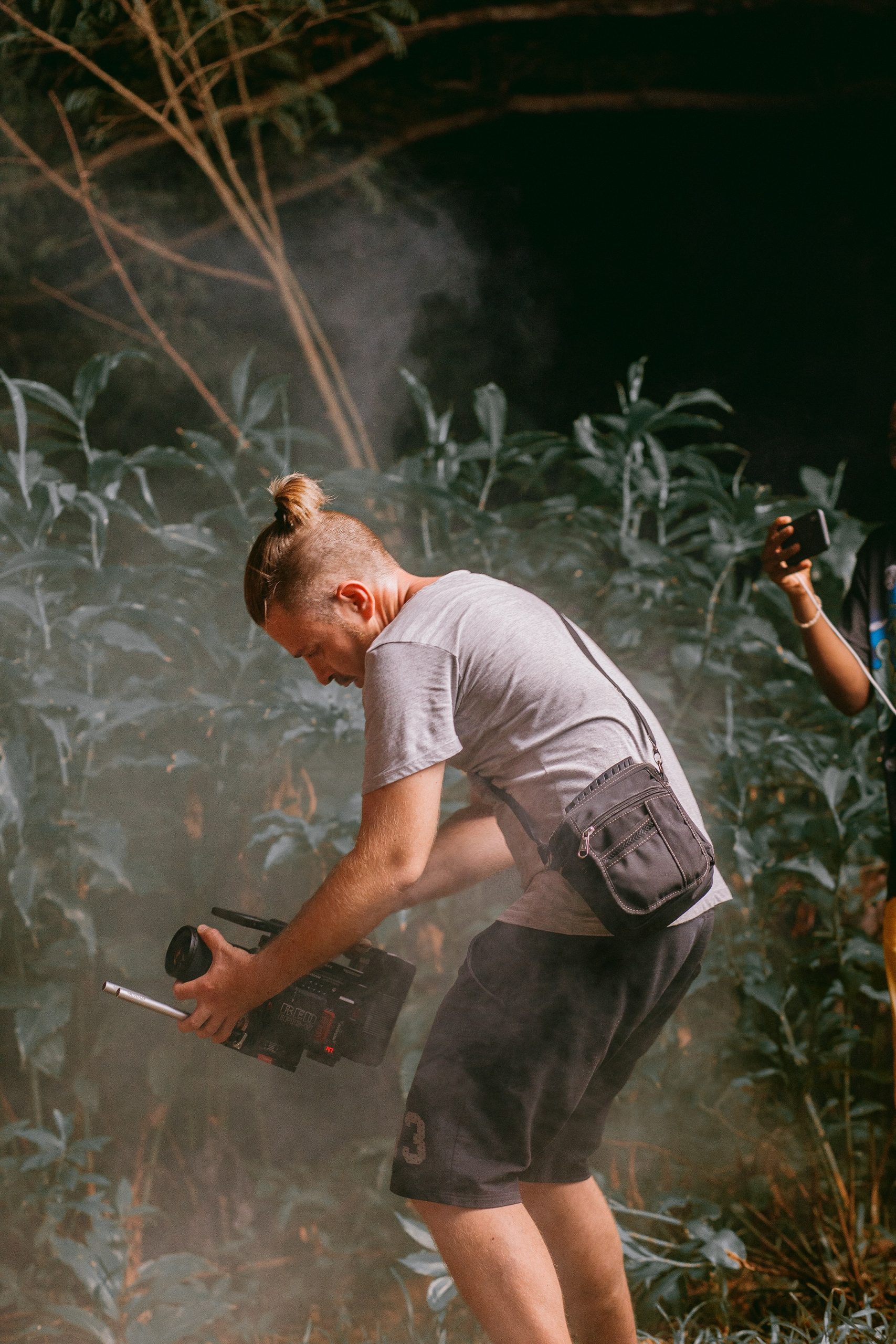
RV: You started Gorilla Films from a small townhouse in Johannesburg and it has grown into a household name in the industry. What were the biggest challenges in those early days, and how did you overcome them to build a thriving production company?
Justin Campos: After offering a record company a free music video and completing it, I realised I could do this. Because it put me in the position to deliver on a professional level, even though I wasn’t getting paid. My first video was a terrible video by today’s standards, but I knew that if I could make each video just 10% better each time, eventually I would be on my way.
After the first video they wanted another, then another, then other artists saw the videos and asked me to shoot theirs. I could actually start charging! The videos just kept getting better, and my phone just kept ringing. I pushed harder and harder each time. Eventually I was shooting more music videos than any other director in South Africa. It got so ridiculous that on MTV or Channel O I would see up to 8 music videos in a row, all directed by me. The channels actually asked me to stop branding my music videos with “Directed by Justin Campos” because it looked like I had some sort of deal with the channels and were paying them, but this was not true. I just had major success and everyone wanted to work with me.
RV: You’re known for being involved in almost every aspect of production — from lighting and camera operation to editing and color grading. Why is it important for you to maintain such a hands-on approach?
Justin Campos: I just love all aspects of the process and am used to doing it all myself. I found it hard to find people that would do it like I wanted it, and when I did hire people to do those roles I was disappointed. But obviously on big productions I do delegate some of the roles to professionals and it works out. The key is being able to lead a team and create am inspiring atmosphere where everybody is happy and one minded to achieve something great. But I never outsource editing and Colour grading, that is too important as it shapes the whole feel and look.
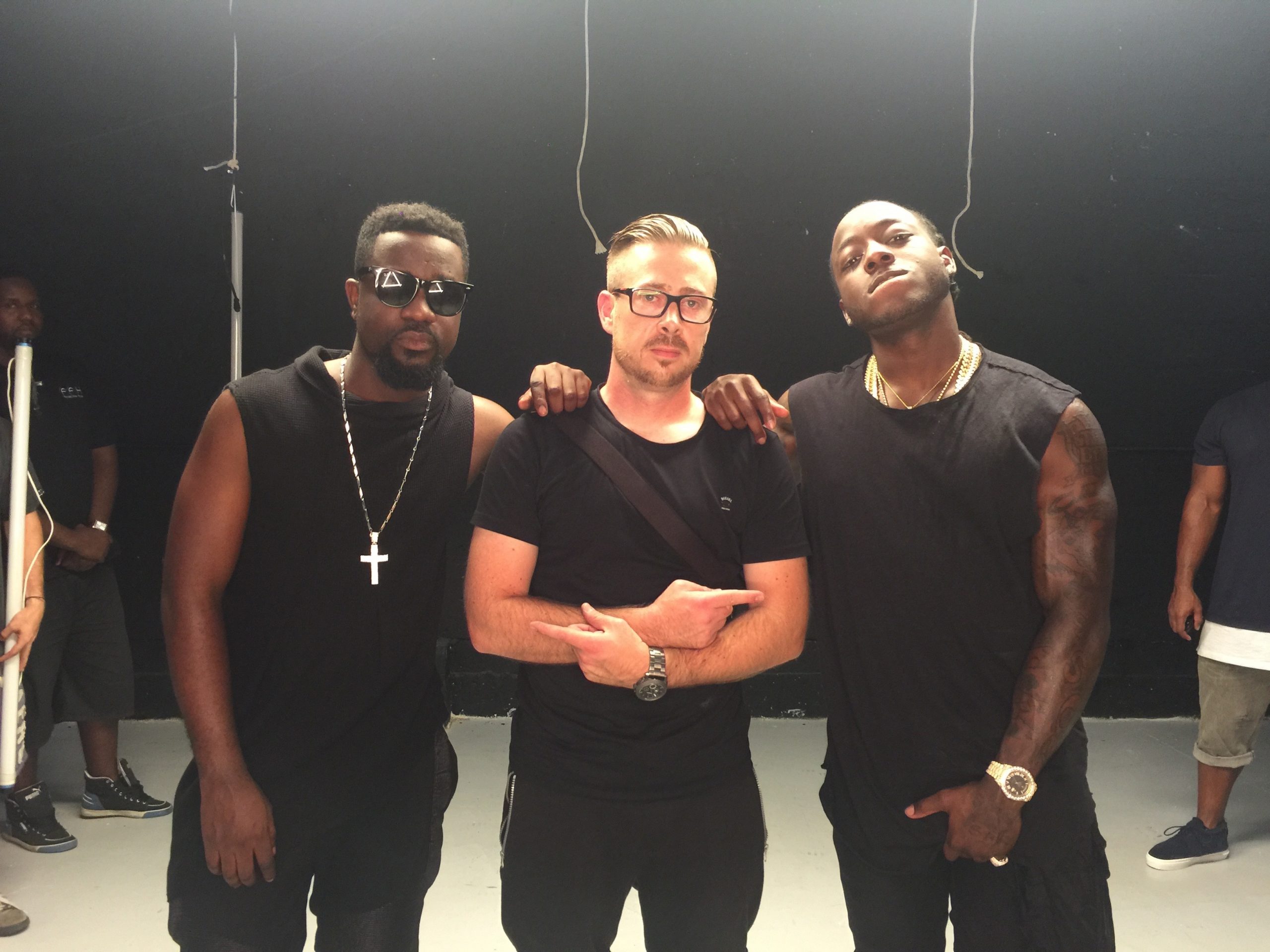
RV: Many creatives are known for their distinct style. How would you describe your visual aesthetic, and what elements do you prioritize when creating music videos?
Justin Campos: My style is a hands on style, I always shoot and always right there with the artist. I make them feel comfortable and they know that I’ll make them look good, because my previous work speaks for itself.
RV: You’ve won multiple awards, including VGMAs, for your music videos. What do you believe sets an award-winning project apart from the rest, and how do you approach each project to ensure it stands out?
Justin Campos: I realised that awards are not everything, but they are a plus for recognition. I think there might be politics involved to win an award, but sometimes its pure merit. So it’s nice to be recognised.
RV: Having directed and graded over 1,000 music videos, how have you seen the craft evolve over the years? What changes excite you, and are there any trends you’re not fond of?
Justin Campos: Yes the craft has evolved, but not as much as one would think. It’s all about telling stories that captivate people, and film making is one vehicle to do that. In Africa, music videos had a serious B grade vibe and it was my mission to get the colour looking good like international videos with higher budgets, and I think I helped push the overall quality of colour grading closer to the big names internationally. But I also realised its not just being better at colour grading, you have to shoot the video better, like set design, lighting, wardrobe colour palettes etc etc. All the elements have to come together to make a better video. Then when you grading, its even easier to pull a good look. I don’t like trends and have been embarrassed later on when the trends are over. I try to not look at what others are doing anymore, so that I create my own style (then people will copy me, hahaha.)
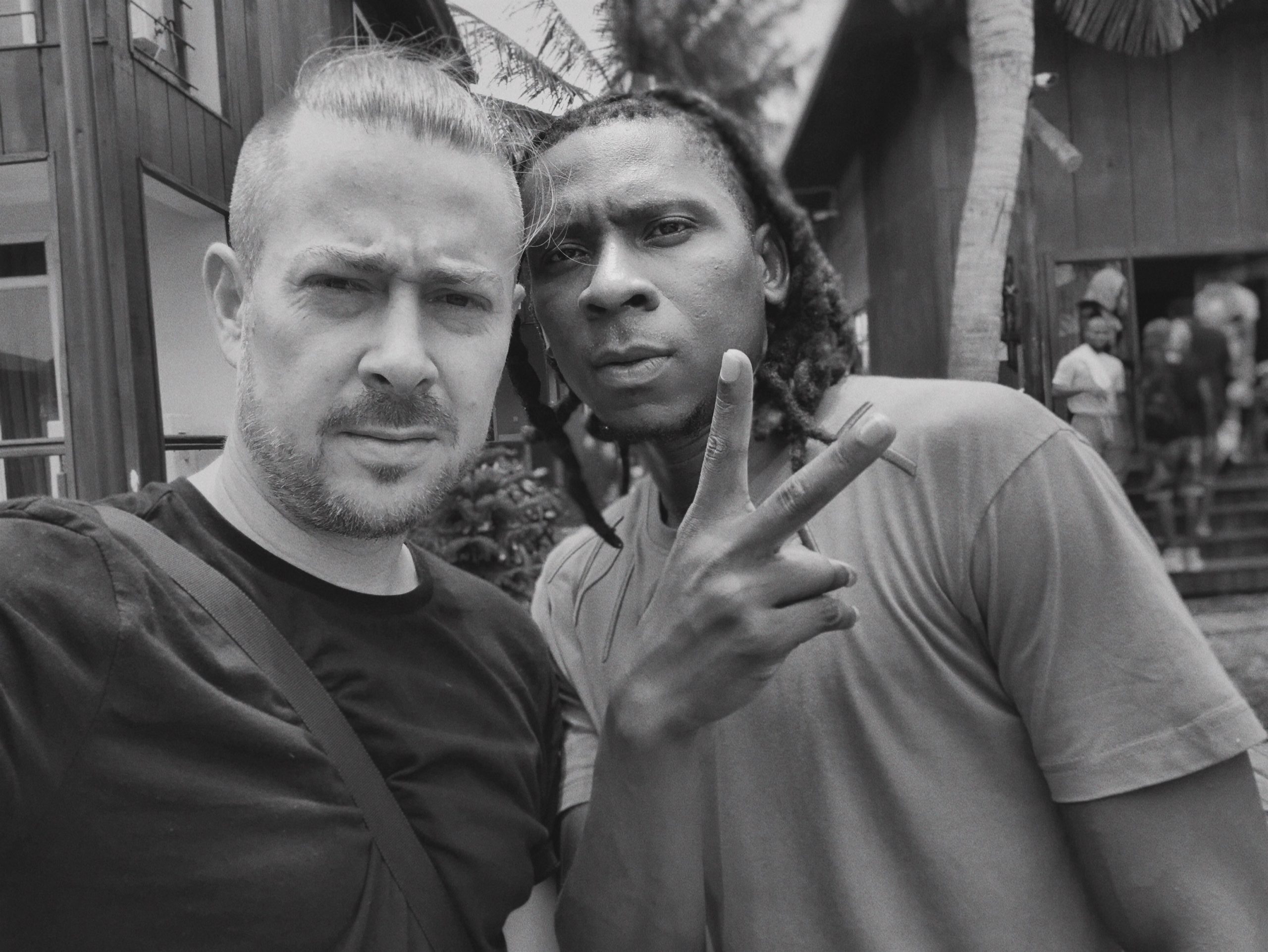
RV: You’ve worked with numerous artists across genres and countries. Can you share a memorable collaboration that pushed your creative boundaries or left a lasting impact on you?
Justin Campos: I’ve had so much fun with R2Bees from Ghana. The coolest guys on the planet. In fact the Ghana artists all seem to share the same vibe that I love. It’s so easy going and ideas flourish in that environment. Some of my best experiences have been working with Ghana artists, especially R2Bees. Paedae and Mugeez are stars.
RV: The entertainment landscape has evolved significantly over the past few decades. What challenges have you faced as a director, and how have you adapted to stay ahead in the industry?
Justin Campos: It has evolved. I’ve witnessed the landscape over the last 20 years, and although its evolved, the fundamentals are still the same, and it cycles in a loop around and around. I learned that being humble and doing good work always as if you doing unto God is the best way.
RV: A lot happens behind the camera that audiences never see. Is there a particular on-set moment or challenge that stands out as a learning experience?
Justin Campos: Yes, how about making an artist perform for 4 minutes straight, giving their all, everyone on set watching on, and then realising you didn’t press the record button hard enough and wasn’t even recording? Lol, sometimes when that’s happened I’ve had to say “Thats was great, let’s do another one for safety” haha (I do feel terrible when that’s happened)
Or how about an artist being a total diva, its funny later to talk about but at the time it kills the positive energy and usually makes bad videos. Synergy, humility and fun is what makes good videos.
RV: You’re involved in data wrangling and workflow management, which aren’t often highlighted in conversations about filmmaking. Why do you think this aspect is critical, and how do you ensure smooth production operations?
Justin Campos: Well usually on big sets you have tens of people just dedicated to getting the footage you just shot off the card and onto backup drives, then marking and capturing data/takes, labelling, organising, making offline edit proxy files for easier editing etc etc, which I do hire a person to do, not a DIT or data wrangler, just someone that is capable of copying the footage onto a drive once a card is full. But I have simplified it for my needs.
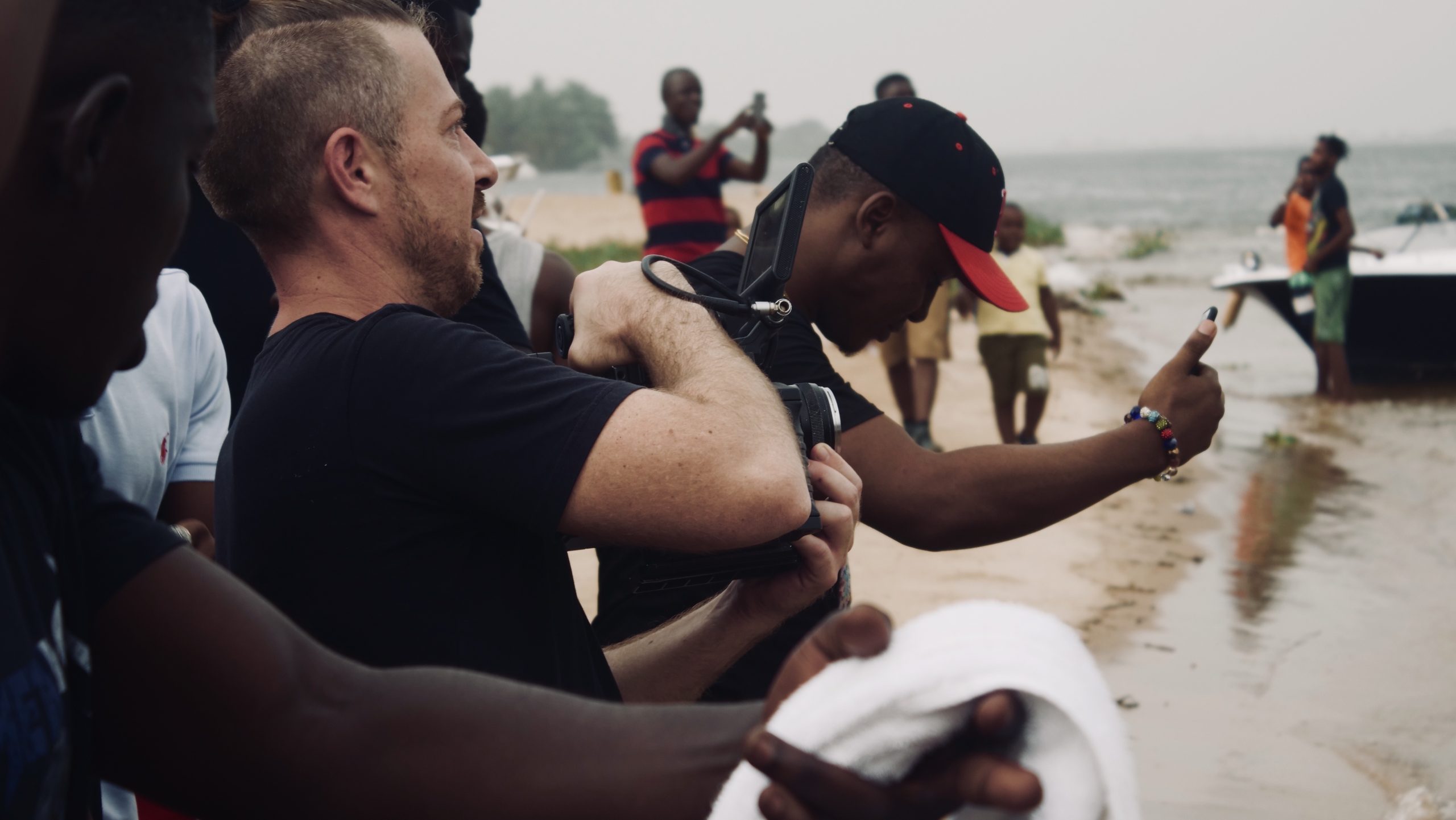
RV: What practical advice would you give to young filmmakers who want to break into music video production and make a name for themselves?
Justin Campos: Simple, be hungry, research the good videos, be humble, loving, stern, respectful, and see the job through always. Never give up, do better and improve 10% each time you do a video.
RV: After decades of success and countless projects, what motivates you to keep pushing forward? Are there any new creative ventures or unexplored territories you’re excited to pursue?
Justin Campos: When I hear a cool song I get motivated. I get bored easily so it’s not hard to want to push further. I want to incorporate new technology in to videos that people won’t even notice its technology. Just to add things we couldn’t do before.



